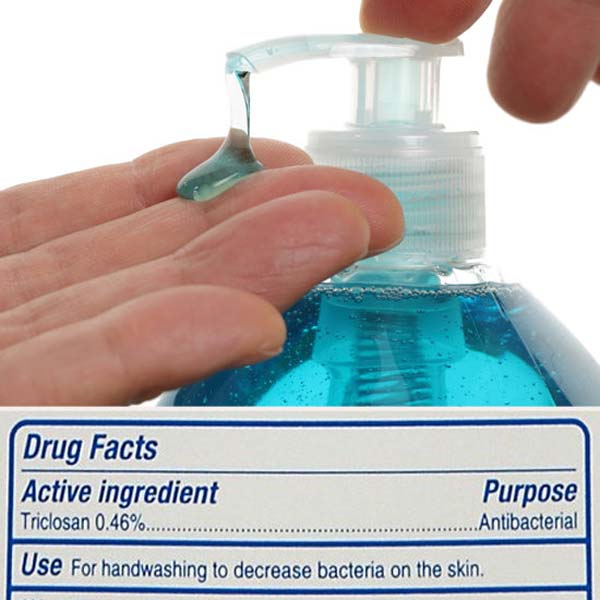On Friday, the US Food and Drug Administration (FDA) handed down a decision years in the making. It banned the sale of 19 chemicals found in antibacterial soaps. The FDA cited that the industry had failed to prove that said chemicals were safe for long-term use, or had any health benefits that regular soap and water does not.
Two of the major chemicals the FDA took umbrage with are Triclosan, which sounds like a mischievous Japanese rapper, and Triclocarban, which sounds like a rapper whose dissatisfying “gangsta” reputation rests on a suspended licence. These, along with other now banned chemicals are present in about 40% of soaps, including liquid soap, and bar soap.
Antibacterial soaps have been riding high on good marketing for over 40 years, and especially enjoying mass hysteria inciting media reports about dangerous infections. Dr Janet Woodcock, the director of the FDA’s Center for Drug Evaluation and Research (CDER) said in a statement that “consumers may think antibacterial washes are more effective at preventing the spread of germs, but we have no scientific evidence that they are any better than plain soap and water,” Woodcock continued, “in fact, some data suggests that antibacterial ingredients may do more harm than good over the long-term.”
Here’s today’s lesson: beware of tautologies; they’re usually covering for something. ‘Antibacterial Soap’ for instance, seems to be supplying redundant information in order to impress our tiny consumer brains; and for 40 years, it has. Now, a caveat, ‘Antibacterial Soap’ is not a strict tautology, but this doesn’t undermine the claim that it’s harmful, or at least not helpful. It is not a strict tautology because regular soap and water serve to dislodge bacteria from the skin, whilst chemicals like triclosan in antibacterial soap attempts to weaken and eradicate the microorganisms all together. I maintain that both methods could be construed as ‘anti’ and thus the tautology lives!
However, the issue with these chemicals, and antibacterial soap’s ploy itself, is that it doesn’t act indiscriminately. Scientists now know that rather than laying waste to all bacteria in its path, these chemicals “target specific molecular pathways, acting more like antibiotics.”[1] This means that the bacteria could (as has been demonstrated in lab conditions) mutate a resistance to chemicals like triclosan, and thus also to the antibiotic that would be used against it.
Basically, we’ve all been crying wolf, rushing specialised wolf-culling aid to our hands unnecessarily, heightening the risk that when a wolf does appear, we’ll be defenceless.
So a government organisation employs scientific and logical evidence to improve public health. Moreover, in the process they undermined a patronising example of marketing deception. They can be hard to find sometimes, but here’s a good news story.
[1] Brouillete, M. (2016) “U.S. Bans Common Chemicals in Antibacterial Soaps”, Scientific American

![5 Reasons You Should Travel Alone Airplane [image source: chau nguyen/ http://thedevilhatessweatpants.blogspot.com.au ], crowd ink, crowdink, crowdink.com, crowdink.com.au](https://crowdink.com/wp-content/uploads/2016/08/Chau-airplane-218x150.jpg)




























![5 Reasons You Should Travel Alone Airplane [image source: chau nguyen/ http://thedevilhatessweatpants.blogspot.com.au ], crowd ink, crowdink, crowdink.com, crowdink.com.au](https://crowdink.com/wp-content/uploads/2016/08/Chau-airplane-100x70.jpg)


